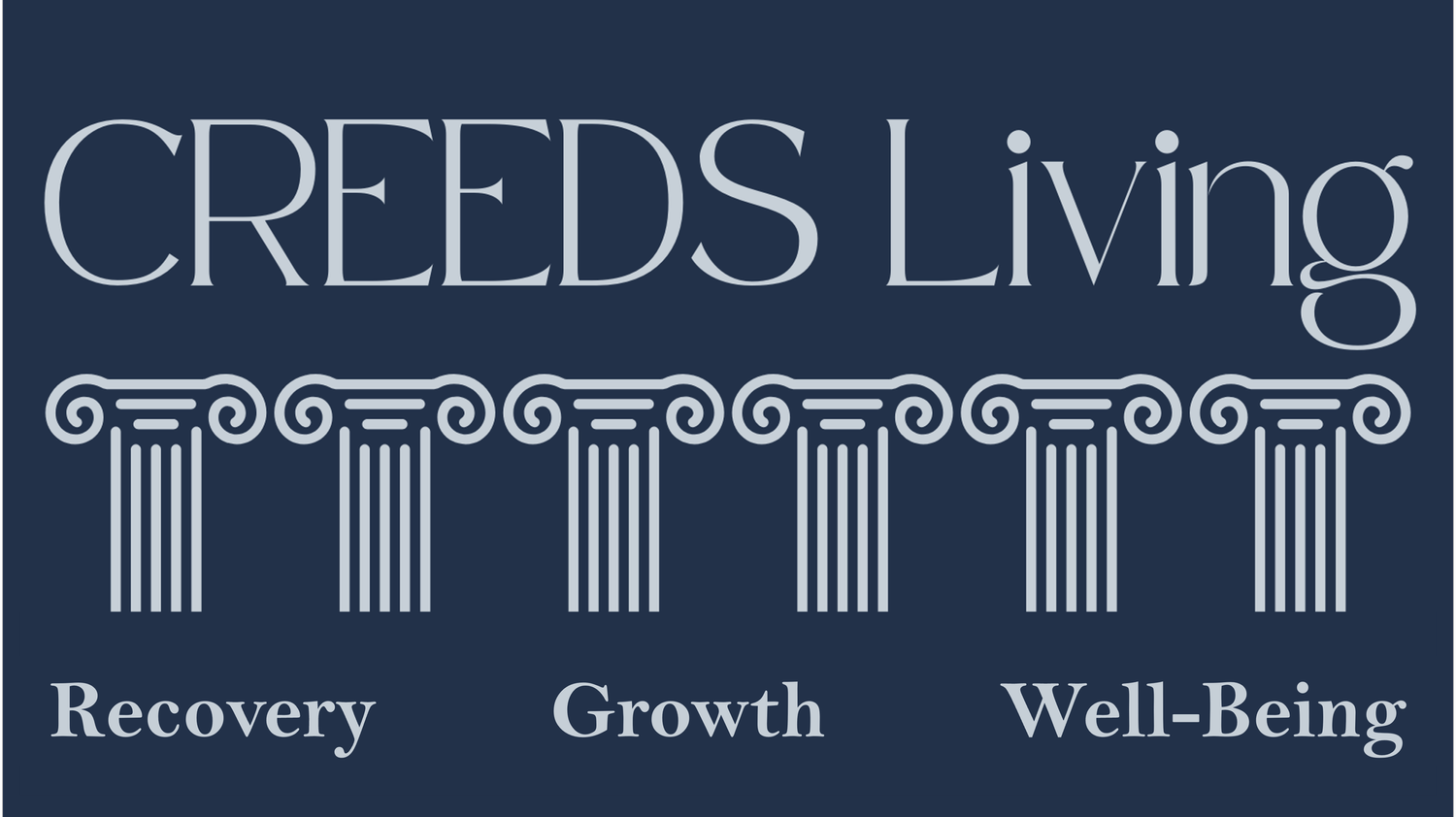Exercise
Exercise, within the realms of recovery and personal growth, is simply moving your body with intent. It doesn’t need to get more complicated than that.
High-intensity interval training, obstacle course races, getting ripped. That approach doesn’t fit most people. It’s too much. Yet only gardening or vacuuming may not be quite enough.
If you don’t currently have an exercise routine in place, or if you are in early recovery from some kind of trauma or illness, it can take a conscious effort to begin exercising. Understanding the benefits of exercise on our psyche, not only our body, can help. A great way to find the motivation to start regularly exercising can be to define the purpose of your activity. Identify the why.
Carving time out of your busy schedule to exercise is hard. It involves choices and therefore sacrifice. If you have a clear purpose behind the decision, it is easier to convince yourself that this is the right way to spend your time. That purpose must be yours, not a friend’s, nor a blogger’s, nor even an exercise expert. Your purpose can best motivate your actions.
In my experience, as a male in my early 50’s, the non-physical benefits of exercise are at least equal to the physical benefits. I am optimistic that the physical benefits will be revealed as I get older. For now though, exercise, especially working out, has been the best feel good drug.
I remember very few instances of feeling worse after getting some exercise. Almost always I feel better. A sense of accomplishment. Energy. Satisfaction. My spirit is lifted and my mind is active. I know there are scientific reasons for some of this. Chemicals and electricity and biology. So much of it is just emotional.
This is on top of the physical benefits. To not be limited by my joints, organs, or muscles. To keep up with my kids. More fully experience the world. Spend my days pain free and out of the hospital. Besides, muscle doesn’t look so bad in the mirror.
As an exercise routing progresses and becomes part of a regular routine, there is an opportunity to add in resilience building. Pushing beyond what is comfortable. Building resilience through controlled activities can help manage stresses out of your control. Going through a small level of strain can help the mind be more available for something larger, unexpected.
Keep in the mind the reason behind the effort.
Doing something hard or new physically – more weight, more time, a new position, a new combination of movements – requires concentration. So much so that the mind can move into a semi-meditative state. The outside world goes away. What happened before, or what is happening after, is not under consideration. Presence is obtained.
Humans grow through effort, sacrifice, exploration. Exercise can contain all of this.
